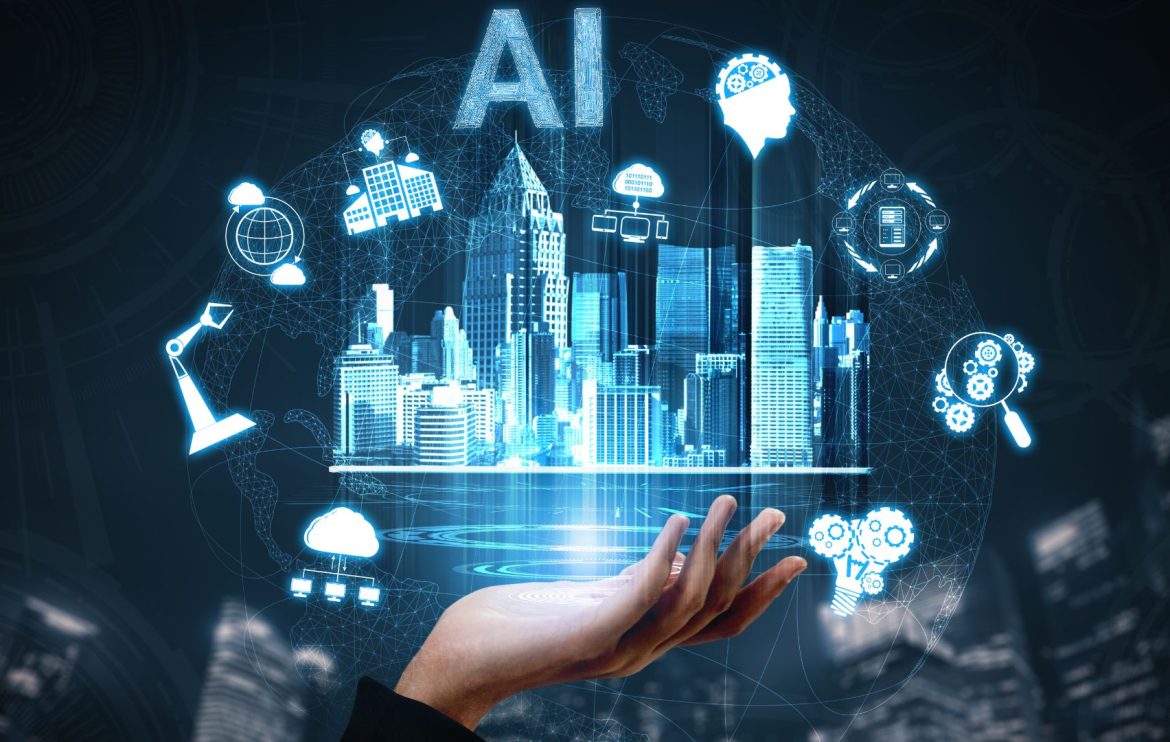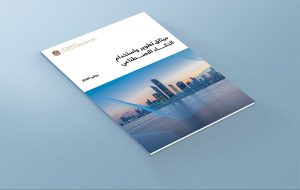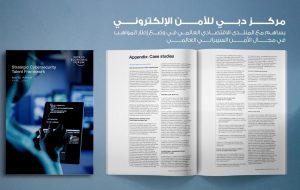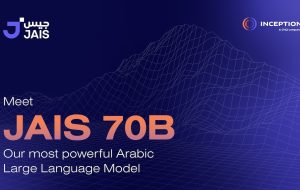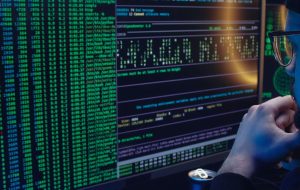The United Nations Educational, Scientific, and Cultural Organization (UNESCO) has unveiled its first guidelines regarding the use of generative artificial intelligence in education. Governmental entities have urged for the regulation of technology usage, encompassing data privacy protection and setting restrictions that define users’ age limits.
In November, Microsoft’s OpenAI launched the generative artificial intelligence-based tool “GPT-3 Chat”, which became the world’s fastest-growing application, prompting the emergence of competitors like Google’s “Bard.”
Moreover, generative artificial intelligence is attractive to students as it can create anything from articles to mathematical calculations with just a few commands.
Stefania Giannini, Assistant Director-General for Education at UNESCO, explained: ” We are striving to align with the rapid transformation of the education system amidst the swift advancements in technology and the evolution of AI learning models.”.”
“In many cases, governments and schools adopt radically unfamiliar technologies, to the extent that even top technology experts feel that they don’t fully understand them”, she explained.
Furthermore, through a series of guidelines presented in a 64-page report, UNESCO emphasized the need for government-endorsed artificial intelligence curricula for school education as well as technical and vocational training.
moreover, she reaffirmed the need to prevent the use of generative artificial intelligence in domains that might impede learners’ ability to develop their cognitive capacities and social skills through real-life observations, practical experiences like discussions with people and independent logical reasoning.
The rapid advancement in artificial intelligence raises concerns worldwide about the technology’s potential to spread misleading information, misuse, and disrupt the job market.
There are concerns that chatbots may inundate the internet with misleading information or that biased algorithms could produce discriminatory content or the automation powered by artificial intelligence could potentially lead to the destruction of entire industries.


